Edward Tylor Celebrity biography, zodiac sign and famous quotes

Interculturalidad en salud
Sir Edward Burnett Tylor (born Oct. 2, 1832, London—died Jan. 2, 1917, Wellington, Somerset, Eng.) English anthropologist regarded as the founder of cultural anthropology.
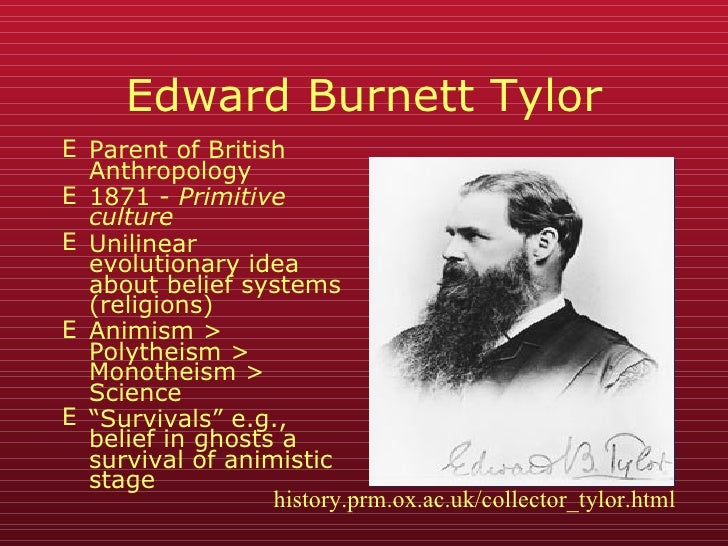
Anth1 Theory Ch03
Animism as an anthropological concept was launched by British evolutionary anthropologist Edward Burnett Tylor (1832-1917), whose two-volume book Primitive Culture (1871) was extremely influential for over three decades in Britain and beyond. Tylor's ideas were followed by armchair anthropologists, folklorists and other scholars interested in comparing "savagery" to "civilization.

Javier Prieto González Ciencias etnográficas y Sociología.
Edward Burnett Tylor (1832-1917) was an English anthropologist who is widely considered the founder of anthropology as a scientific discipline. He was the first Professor of Anthropology at the University of Oxford from 1896 to 1909, and developed a broad definition of culture which is still used by scholars. First published in 1871, this.

Edward Tylor Celebrity biography, zodiac sign and famous quotes
Sir Edward Burnett Tylor, (born Oct. 2, 1832, London, Eng.—died Jan. 2, 1917, Wellington, Somerset), British anthropologist, often called the founder of cultural anthropology. He taught at Oxford University (1884-1909), where he became the first professor of anthropology.
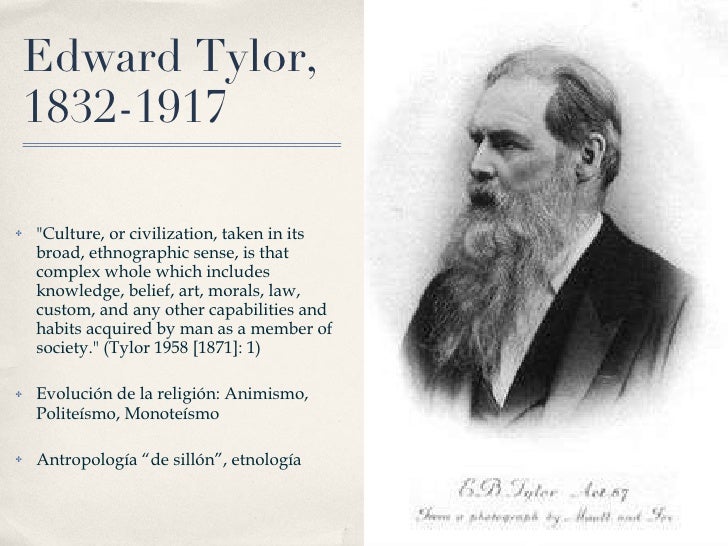
Antr 3005 Clase 8
Edward Burnett Tylor was born in 1832 and at the age of sixteen joined his family's brass foundry. In 1855 he showed signs of tuberculosis and was sent on a trip to the United States of America, Cuba and Mexico. It was during this trip that he famously became interested in anthropological and archaeological matters.

Unilinear Evolutionism
Edward B. Tylor, founder of the study and curriculum of anthropology, is considered to be the first cultural evolutionist anthropologist and the father of the science of anthropology. Tylor was born the son of Quakers on October 2, 1832 in London, England.
starman Sir Edward Tylor (18321917)
Sir Edward Burnett Tylor FRAI (2 October 1832 - 2 January 1917) was an English anthropologist, and professor of anthropology. [1] Tylor's ideas typify 19th-century cultural evolutionism.
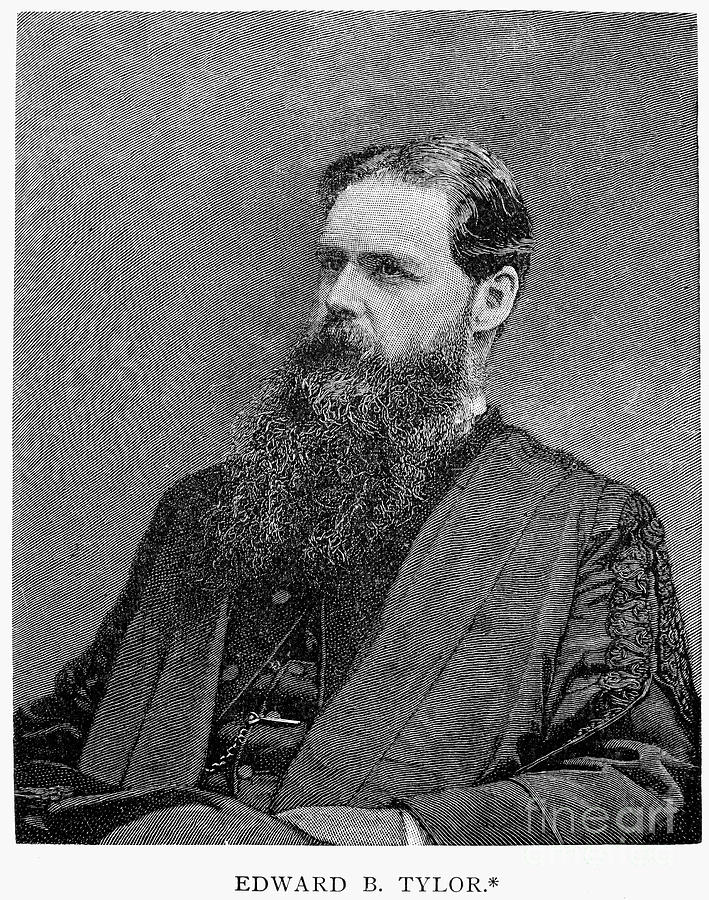
Sir Edward Tylor Photograph by Granger
Edward Burnett Tylor, Religion and Culture is a welcome reappraisal of an under-studied pio- neer of the anthropology of religion. E. B. Tylor (1832-1917) was the first reader in social anthropology at Oxford University in 1884, and became the first professor of the subject in 1896.
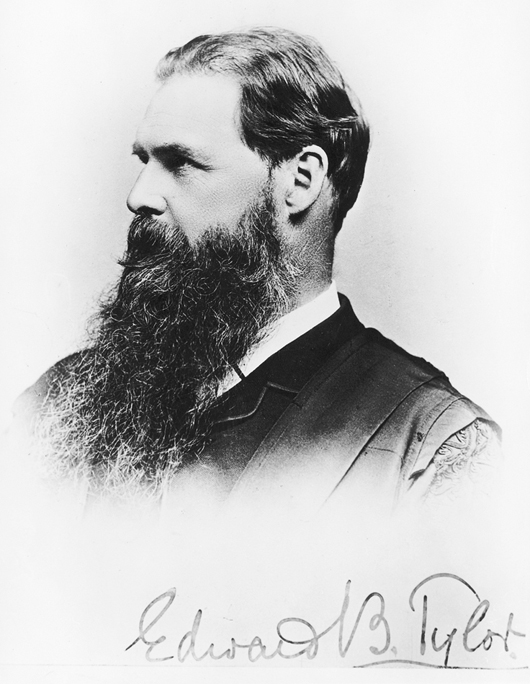
Tylor and technology
Abstract. Edward Burnett Tylor (1832-1917) is often considered the father of anthropology. This chapter presents Tylor's main theories in the field of anthropology. One of Tylor's major areas of interest was the use of anthropological evidence to discover how religion arose. This preoccupation resulted in his influential account of animism.
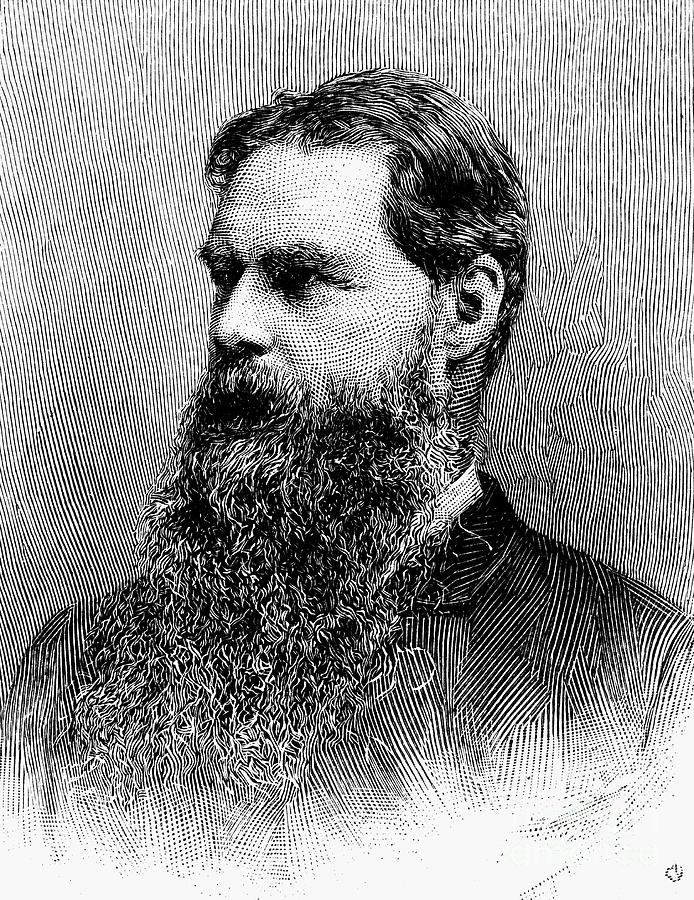
Sir Edward Tylor Photograph by Granger
Edward Burnett Tylor was born in 1832 and at the age of sixteen joined his family's brass foundry. In 1855 he showed signs of tuberculosis and was sent on a trip to the United States of America, Cuba and Mexico. It was during this trip that he famously became interested in anthropological and archaeological matters.

EDWARD TYLOR (18321917). Pionero en la antropología que en 1871 definió el concepto de
This paper explores how Edward Burnett Tylor (1832-1917), the first professor of anthropology in the English-speaking world, integrated classics into Primitive Culture (1871) and how his ideas about culture influenced early theories of Romanization. Although Tylor's influence on Jane Harrison and studies of myth and ritual has been noted (e.g., Carpentier 1998, Ackerman 2008), his own use of.
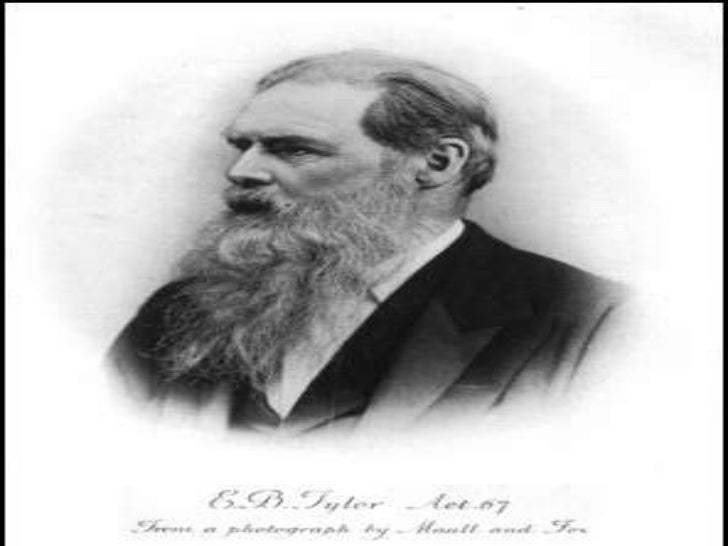
Edward Tylor
Edward Burnett Tylor (1832-1917) is often considered the father of the discipline of anthropology. Despite such eminence, his biography has never been written and the connections between his life and his work have been largely obscured or ignored.
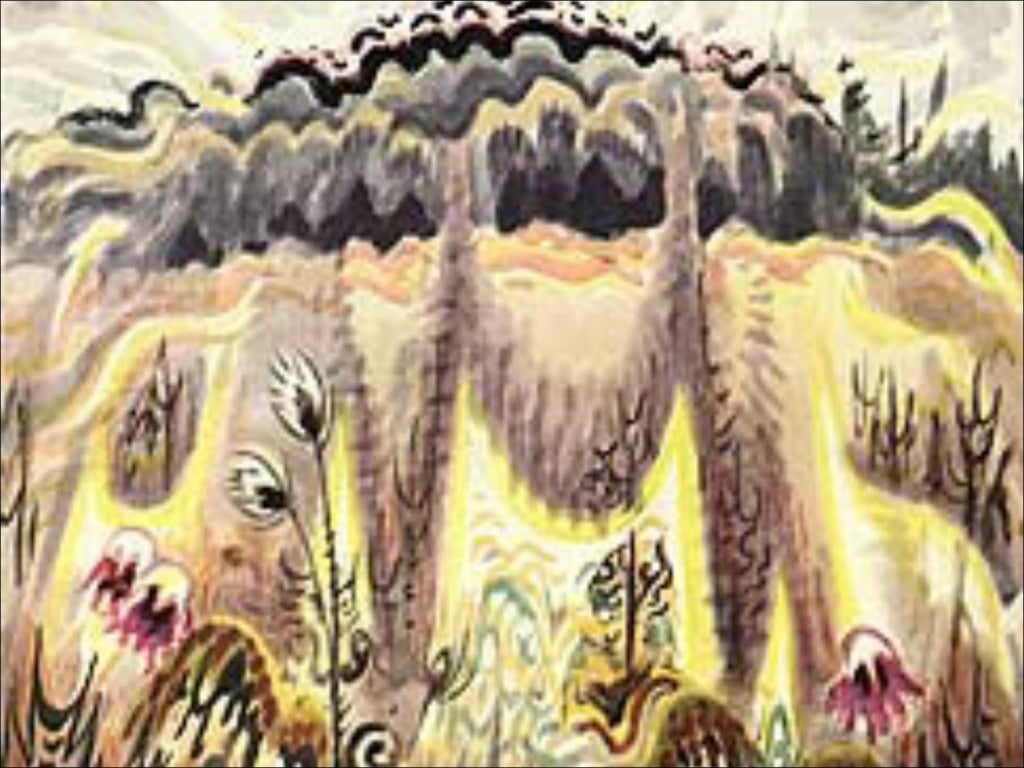
Edward Tylor
Edward B. Tylor disagreed with the contention of some early-nineteenth-century French and English writers, led by Comte Joseph de Maistre, that groups such as the American Indians and other indigenous peoples were examples of cultural degeneration.
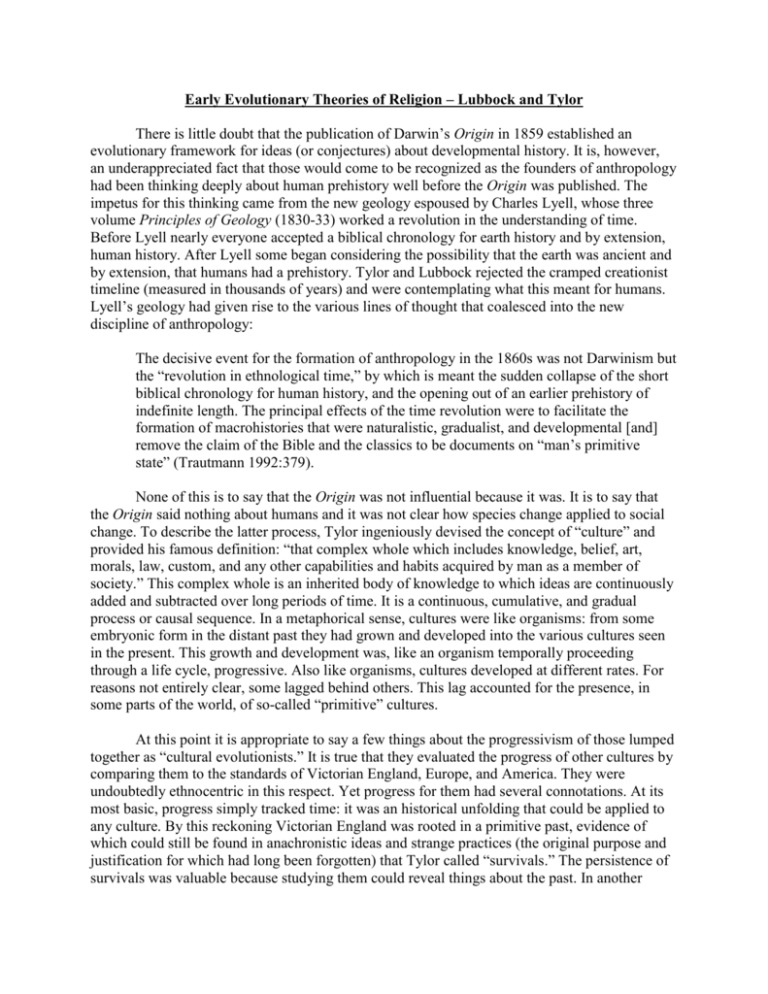
Edward Tylor
Sir Edward Burnett Tylor (October 2, 1832 - January 2, 1917), was an English anthropologist, often regarded as the founder of cultural anthropology. Tylor began his studies during travels recommended for his health, where he encountered cultural differences and joined archaeological investigations of prehistoric human societies.
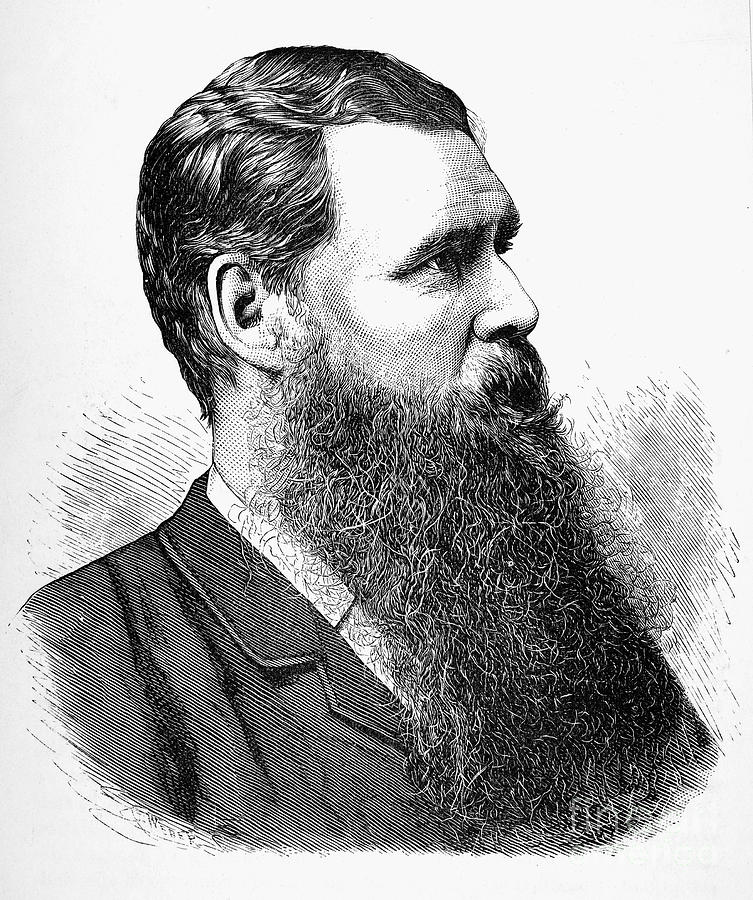
Sir Edward Tylor Photograph by Granger Fine Art America
Edward Burnett Tylor in his Primitive Culture (1871). Tylor believed that seemingly irrational customs and beliefs, such as peasant superstitions, were vestiges of earlier rational practices.

Edward Tylor
The English anthropologist Sir Edward Burnett Tylor (1832-1917) was concerned with theories of cultural evolution and diffusion, and he advanced influential theories regarding the origins of magic and religion. Edward B. Tylor was born in London into a prosperous Quaker family.